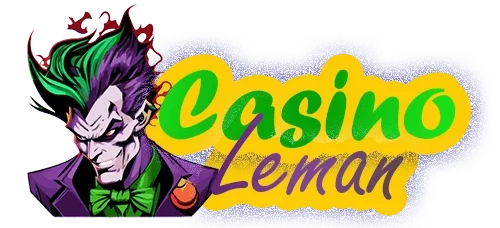The trajectory of a gaming platform is often measured by its next big release, the constant push toward the future. However, for PlayStation, a significant part of its enduring strength lies in its respectful and strategic relationship with its own past. The platform’s approach to its back catalog—through remasters, remakes, and thoughtful backward compatibility—is not merely a nostalgic cash grab; it is a crucial process of preserving its legacy and allowing the greatest hits of yesterday to ahha4d inform and elevate the masterpieces of tomorrow. This creates a continuous thread of quality, ensuring that “the best” is not a fleeting title but part of an ongoing, evolving conversation.
This strategy serves as both an educational tool and a statement of cultural value. A full-scale remake like Demon’s Souls on PS5 does more than just update graphics; it reintroduces a foundational, genre-defining text to a new audience, allowing them to appreciate the origins of a design philosophy that now influences countless games. It contextualizes the present by preserving the past. Similarly, the Shadow of the Colossus remake honored the original’s stark, melancholic art direction while making it accessible to modern sensibilities. These projects send a clear message: these games matter. They are not disposable products but integral chapters in the story of PlayStation, worthy of being experienced in every generation.
Furthermore, this reverence for legacy fuels creative innovation. Developers at first-party studios are not working in a vacuum; they are building upon a rich foundation. The writers at Naughty Dog studied the narrative pacing and character depth of earlier greats. The combat designers at Santa Monica Studio evolved their systems based on decades of action game refinement. The existence of a preserved and accessible library means that new “best” games can stand on the shoulders of giants, learning from past successes and avoiding previous missteps. This accumulated knowledge, embedded in the very code of previous hits, becomes a priceless resource for creating future ones.
Ultimately, PlayStation’s careful curation of its history creates a unique ecosystem where old and new coexist and enrich one another. It allows a player to jump from the timeless, minimalist puzzle-solving of Ico (available via PS3 streaming or emulation) directly into the vast, narrative complexity of God of War Ragnarök and appreciate the throughline of ambitious, player-centric design that connects them. This transforms the PlayStation library from a simple list of titles into a living museum and a working laboratory. It acknowledges that the pursuit of the “best” game is not about constantly erasing the past, but about understanding it, honoring it, and using its lessons to build a more compelling future.
